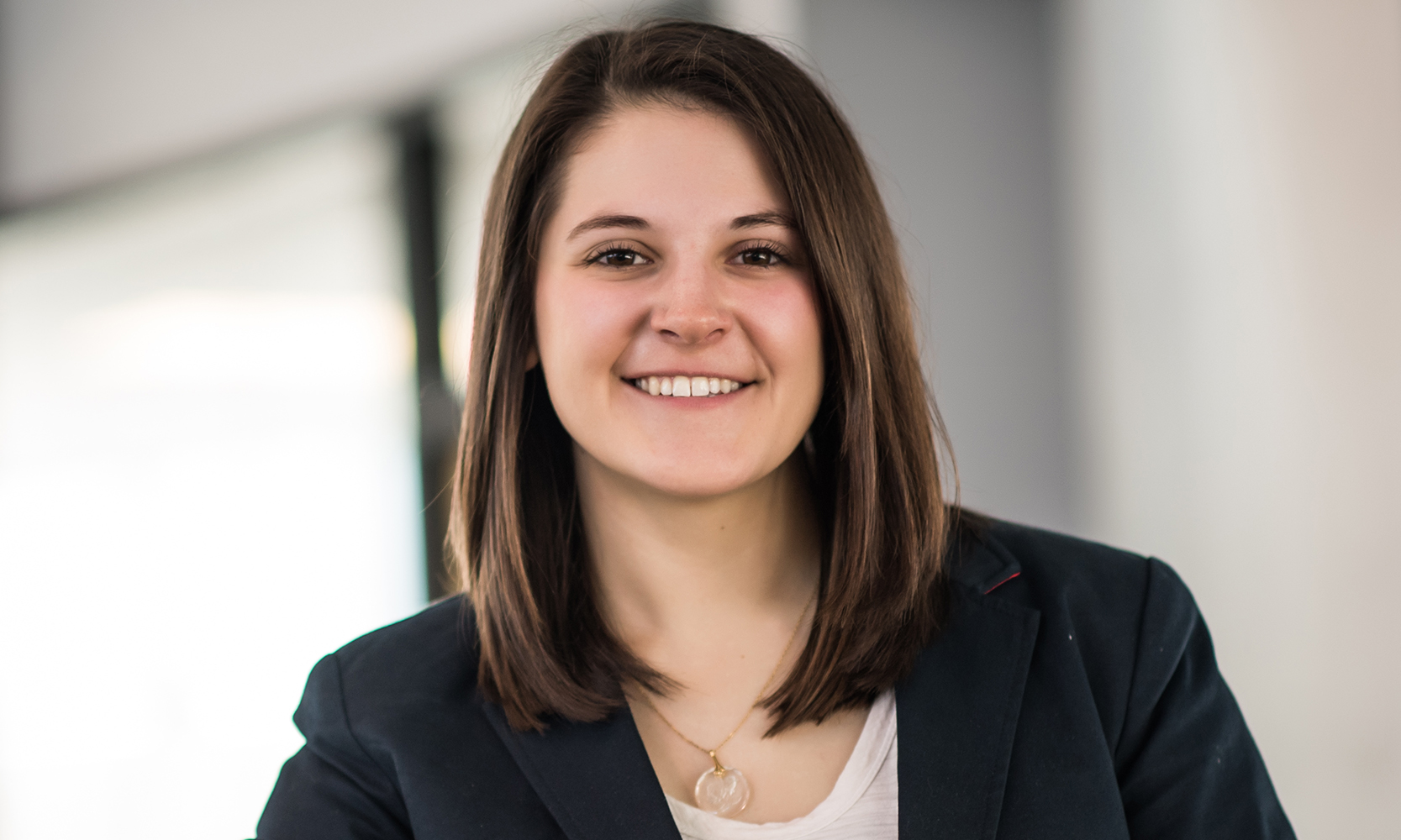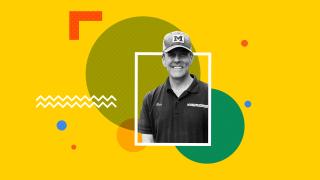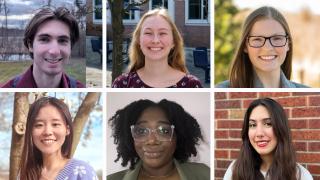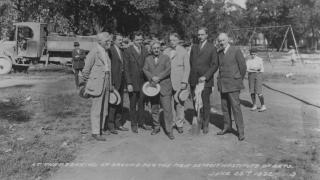
Kelsey Griffin always knew she wanted to work in healthcare. But it was a Health Policy course that helped her realize the type of work within the field she’d find personally and professionally fulfilling.
A Perspectives in Women’s Health class deepened her understanding of the health system. And the more she learned, the more Griffin noticed inequities in the field—like the lack of cultural competency and access to healthcare in certain communities.
So instead of only working within the system, she decided to work to change it.
“I knew I wanted to improve lives and thought the clinical side was the best way for me to do it,” said Griffin, who previously worked as a nurse assistant. “But the more I learned, the more I wanted to get out into the community. I came to the conclusion that my passion for improving health was better suited for a career in public health.”
Griffin, who graduates this month from the College of Education, Health, and Human Services (CEHHS), wasted no time getting further involved.
She was the first UM-Dearborn student to participate in the Detroit Community Based Research Program (DCBRP), a summer internship program run out of UM-Ann Arbor. The program gives students a chance to get outside of the classroom and into the field.
“I was able to work with FoodLab Detroit, which connects food entrepreneurs—many of whom are long-time Detroiters—to education and resources to build businesses in a community-centered and sustainable way,” said Griffin, who has continued to work with the organization following her internship.
And when she noticed that there wasn’t an on-campus food recovery system—which takes perishable foods that would otherwise go to waste from dining areas and donates to people in need—Griffin got support to start one from university food service provider Picasso Restaurant Group, the national nonprofit organization Food Recovery Network, and the UM-Dearborn administration.
“When I first started looking into it, I was just planning to gather the information. But people looked to me to lead it. At that time, leading something like that wasn’t in my comfort zone, but I knew I needed to step up. So I did. And now food recovery is a campus practice,” said Griffin, who said nearly 1500 pounds of food has been gathered for homeless shelters and the campus food pantry.
Now, as she looks toward earning a graduate degree in health public studies, Griffin credits the UM-Dearborn community with providing her with opportunities and supporting her endeavors in pursuing her passion.
“My experiences here transformed the way I saw the health field. I learned that I could work to change systems to help people get healthier and make things more sustainable,” she said. “I could make an impact on a broader population.”




